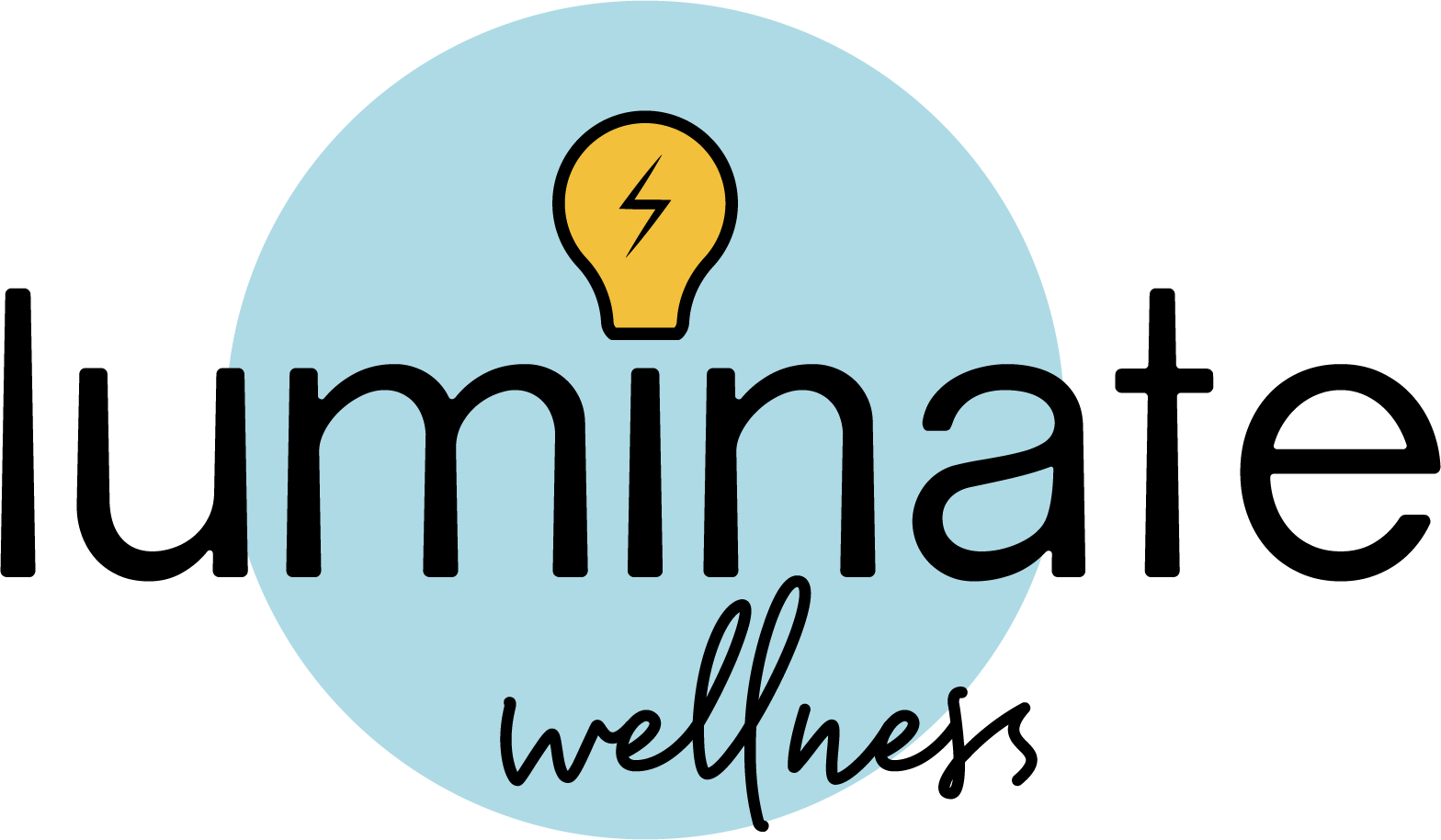Respectful Workplaces Training
Collaboration and Trust: Key Skills for a Respectful Workplace
We will work with your organization to create a training that meets the needs of your staff.
Respectful workplaces are a legal requirement, but true psychological safety goes beyond compliance. Drawing on extensive experience in the mental health sector, we understand that creating a culture of respect involves fostering open communication, actively listening to diverse voices, and supporting employee well-being. Our workshops focus on well-being, stress management, and unpacking biases, equipping employees with practical tools to navigate challenges effectively.
Prioritizing respect and psychological safety not only fulfills legal obligations but also strengthens productivity, collaboration, and overall satisfaction, laying the foundation for a thriving workplace.
Our Respectful Workplace Training program is designed to equip your team with the knowledge and skills necessary to promote mutual respect and understanding among all employees.
Program Overview:
Our comprehensive training program covers the following key areas:
Understanding Respect in the Workplace
Respect can mean different things to different people, shaped by generational, cultural, and individual perspectives. We can't assume that everyone shares the same understanding of respect, as it often holds varied significance across backgrounds and experiences. To create a positive work environment, it's essential to define what respect means within your organization and emphasize its role in fostering a supportive and collaborative atmosphere.
Building a Culture of Belonging
Creating a culture of belonging means actively promoting diversity and inclusion, ensuring every employee feels seen, valued, and respected. By fostering an ecology where unique perspectives are celebrated, we help all team members contribute fully and thrive together.
Recognizing and Unpacking Biases
Unpacking personal and systemic biases is essential to fostering a respectful and inclusive workplace. This includes identifying biases we may unknowingly hold, like bystander bias, which can affect our responses and perpetuate harmful dynamics. By bringing awareness to these biases, we can create a culture of accountability and understanding that values diverse perspectives and experiences.
Effective Communication Skills
Building effective communication skills means going beyond clarity of message; it involves practicing compassionate curiosity to truly understand others’ perspectives. By approaching conversations with openness and empathy, team members can navigate conflicts constructively and foster a culture of respect and understanding. These skills are foundational for creating a workplace where everyone feels heard and valued.
Recognizing Unacceptable Behaviours
To build a respectful workplace, it’s important to understand and address behaviours that erode trust and respect. This includes identifying microaggressions—subtle actions that, over time, contribute to a hostile environment—as well as more overt issues like bullying and harassment. Recognizing the spectrum of dysfunctional behaviours also helps us differentiate between temporary frustrations, like having a bad day, and consistent patterns that indicate a harmful culture. Addressing these behaviours head-on promotes a safer, more inclusive workplace where everyone feels valued.
Training Methods
Our training utilizes a blend of interactive workshops, real-life scenarios, and group discussions to engage participants and reinforce learning outcomes. Zoom and in-person options are available
Benefits of the Training Implementing our Respectful Workplace Training can lead to:
Improved employee morale and job satisfaction.
Enhanced teamwork and collaboration.
Reduced incidents of workplace conflicts and grievances.
Increased productivity and overall organizational performance.
Customization Options
We understand that each organization is unique. Our training programs is customized to address specific challenges and objectives relevant to your workplace. We will work within the time specifications you have available for your team.
Get Started
Invest in a respectful and harmonious workplace today. Contact us to learn more about our training programs and how we can assist your organization in building a culture of respect and belonging.

